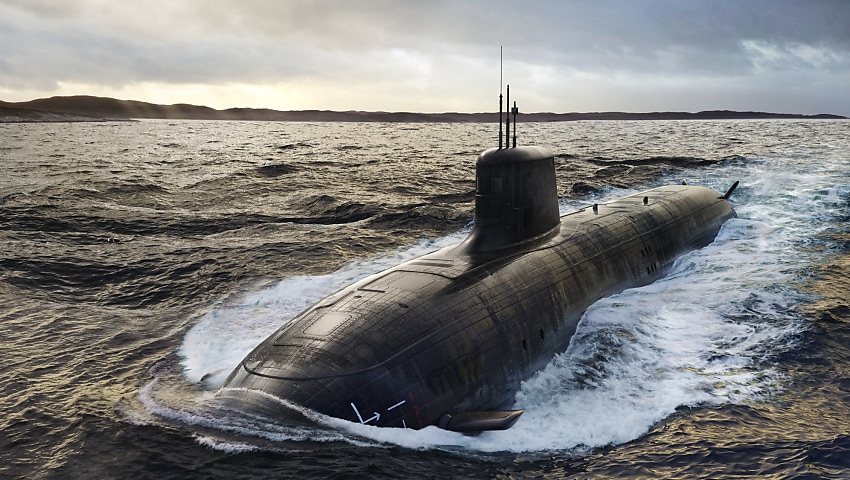The Australian Army Research Centre has pitched a challenge to aspiring researchers and students to defeat landmine fields with drone-carried quantum magnetometers.
To continue reading the rest of this article, please log in.
Create free account to get unlimited news articles and more!
The Army Quantum Next Generation Minesweeper Challenge 2023 runs from 8am, 16 October to 8pm, 24 November.
Undergraduate, postgraduate students, Defence personnel or APS members and early career researchers are encouraged to get a team together before building and pitching their innovative quantum solutions.
The 2023 challenge: “Land mines over large areas are a significant military and humanitarian problem. Demonstrate how quantum magnetometers, attached to drones, can provide a solution.”
Solutions put forward by teams will have an initial Army assessment of advantages offered by quantum magnetometers attached to drones and the top six teams will have their chance to pitch their solution at Pitchfest in early December.
A winning team receives special invitation and admission to Army Quantum Technology Challenge 2024 as well as an invitation to submit a proposal to further develop and exhibit their solution at Army QTC24 up to $50,000.
The competition follows a federal government announcement earlier this month for $128.5 million in funding over four years to provide an extra 4,000 Commonwealth supported university places.
Deputy Prime Minister Richard Marles said the federal government is committed to investing in young Australians and skilling the future workforce.
“At the centre of the success of Australia’s nuclear-powered submarines will be the people who build them,” he said.
The places are targeted at graduates in science, technology, engineering and mathematics (STEM) with particular focus on engineering, mathematics, chemistry and physics to meet the needs of the AUKUS submarine program.
Of the 4,000 additional places, 800 will go to South Australian universities as part of the cooperation agreement to support the construction of the submarines in Adelaide.
Minister for Education Jason Clare said the additional university places will give more Australians a crack at a career in STEM.
“We need more young Australians studying STEM subjects and developing the skills we need for the AUKUS program,” he said.

 Login
Login







